Welcome
I started this blog in 2013 to share my reflections on reading, writing and psychology, along with my journey to become a published novelist. I soon graduated to about twenty book reviews a month and a weekly 99-word story. Ten years later, I've transferred my writing / publication updates to my new website but will continue here with occasional reviews and flash fiction pieces, and maybe the odd personal post.
|
These two recent reads about a subject close to my heart: finding the meaning within supposed madness and unOthering those deemed severely mentally ill. The first is a classic, an antidote to the mad woman in the attic in Jane Eyre; the second, which deserves to become a classic, published this year. I have no hesitation in recommending them both.
12 Comments
Just as colours look different to the eye depending on the hues surrounding them, stories read differently according to the arrangement on our mental shelves. When I read it almost two months ago, I didn’t tag the first under the theme of conformity to community mores; when I drafted my review of the second, narrated in a collective voice, the story flipped in my head into one of the conflict between the drive to belong and the fear of being engulfed. Admittedly, this pairing stems also from a niggling guilt at the widening gap between receiving my copy and posting my review. Read on, and let me know whether or not you think they fit.
Oh dear! As a Ranger in the Peak District, albeit only as a volunteer on alternate Sundays, I carry a sense of responsibility for the safety of visitors to the National Park. So it’s rather disconcerting to read about two teenage girls, on holiday from London, going missing there in a matter of weeks. Fortunately, both were characters in novels, and both providing the foundation for an engrossing story about the repercussions: the first for the residents of a fictional Derbyshire village; the second for the family of the girl who is found after four agonising days.
I’ve recently been reading two second novels in which a woman sets out to uncover a family’s tragic secret lodged within a large historic house, aided and abetted by a presence that might or might not be a ghost. In the first, the woman and her husband buy a crumbling manor house as a weekend retreat from London; in the second, the woman is employed in the London mansion as carer for a man who can’t throw anything away. Both have strong voices and characterisation, with beautiful descriptions, but differ sufficiently that you could happily read both. For other novels about mysterious houses see Fell by Jenn Ashworth and post What’s haunting these houses?
Has my country always been this conflicted, or is the second decade of the twenty-first century a particularly sour time for England? Can fiction help us understand our current disaffected state? If so, these two very different novels – the first a gentle exploration of fear of difference among the largely white population; the second addressing the attractions of Islamic State to young people of South Asian descent, and its more violent repercussions – might help.
Stand by for two haunting short books published in the UK today about different facets of the lives of women.
While I’d recommend this novel to readers, I want to focus, as I did some time ago with Instructions for a Heatwave, on what we can learn from Laird Hunt’s sixth novel (although the first to be published in the UK) as writers, whether we are looking to write historical fiction or not.
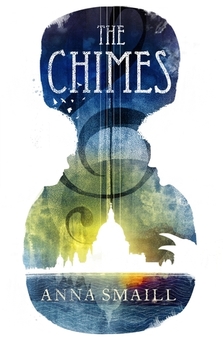 Have you ever walked into a room and forgotten what you came for and had to retrace your steps until you know? Have you ever forgotten something you were sure you’d remember and ended up repeating the self-same mistake you’d made the last time? Do you bring back souvenirs from holidays; do you treasure pictures, ornaments and other miscellany, not for their monetary value, but for the memory of how they came your way? Have you ever been touched by music in a place where words hardly signify? Have you ever been affected by a sound so loud you hear it, not just in your ears, but in your entire being? If your answer to any of these questions is yes – and I’d be surprised if it isn’t – you’ll connect with the themes in Anna Smaill’s exceptional debut novel, but you might need to hold onto these ideas to see you through the disorientating opening chapters. The plot is a classic quest: two young men gradually uncover the tangle of lies perpetrated by the elite of their country and set off to infiltrate the seat of power and destroy the source of their destitution, risking their lives in the liberation struggle. It’s a straightforward plot, but deployed with sophistication; there’s no simple demarcation between good and bad. Reaching the hallowed halls, Simon, the narrator wonders (p273): But what did we have to offer her in return, next to this beauty? the voice in my head says. No answers, no order. Nothing but mess, questions, fear. The country house meets friendship betrayed: The Long Shadow by Mark Mills, with fruit for afters27/7/2014 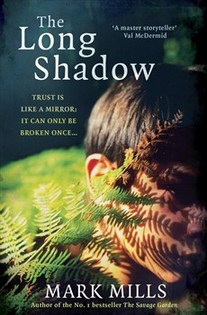 Who says fiction doesn’t change lives? Thanks to Mark Mills, I’ve learnt how to peel bananas from the bottom end, like a monkey. Not that this is a novel about fruit, or animal behaviour (unless you think young boys are like monkeys), but I was grateful for the tip about bananas at a point when the narrative pace seemed to drag. Ben is a scriptwriter aeons away from the big time, a divorced father living in a grotty flat. When a wealthy former schoolmate offers to bankroll his film and install him in his mansion while he does a rewrite, it seems almost too good to be true. As, indeed, it is, but Ben is so seduced by his good fortune and Victor so skilled at manipulation, it takes some time for him to figure out exactly how and why. When he does, it’s immensely satisfying: country house meets poisonous friendship (and so refreshing to have the latter portrayed from the male point of view for a change) seasoned with boys’ games along the lines of Lord of the Flies, the resolution encompasses envy, childhood neglect, rivalry and turning a blind eye to painful truths in a psychologically astute way. I must confess, however, I appreciated this more in retrospect and there were moments across the first 200 pages when I was tempted to give up. 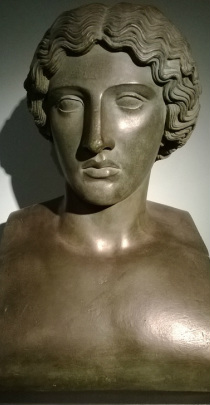 One of the literary agents who declined my request for representation did so on the basis that she didn’t like the first-person present-tense narration with which my novel opens. While I respected her capacity for clarity about her personal preferences, it did make me wonder about the plethora of good literature she was denying herself, not so much from wannabe novelists like me, but heavyweights like Nick Hornby and Margaret Atwood. I was reminded of this when I came across the concept of the “stolen head” novel in a review by Toby Litt in last Saturday’s Guardian, defined as a novel voiced on behalf of a person (for example, Holden Caulfield of The Catcher in the Rye) who the reader knows wouldn’t have the patience or self-discipline to write the structured, perfectly punctuated prose with which they are credited. The real writer has stolen the life experiences, the sensual perceptions, the vocabulary, of someone beneath or beyond the day-to-day deskishness of writing. Stolen head books are great for giving us very young, very angry or very damaged-first person narrators. 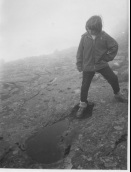 The Giant Stride Elidir Fawr Here’s a link to a lovely humourous post about writerly ambition that we can all identify with (even if we daren’t admit it) to brighten a dismal February. You really have to know what you’re doing as a writer to pull off a faux naive, grandiose yet faintly self-deprecating self-satirising voice, and Shalom Auslander certainly hits the spot for me.  Martin in full voice Martin in full voice Not being an early adopter of all things technological, I wasn't in a great hurry to join the blogging bandwagon. Except for the fact that both involve using ideas to construct sentences, I didn't see much overlap between writing fiction and a blog. Would it be worth the time and effort if no one were to read it? Would I be opening myself up to spiteful anonymous attacks? Might I, through the mysterious machinations of playground politics (sorry, the freedom of the internet), be simultaneously lambasted and overlooked, and still be no further forward with what I consider to be my real writing? Ten days in, I'm beginning to revise my opinion. The similarities are greater than I'd – naïvely, glibbly – imagined. Because, in any kind of writing, there are always choices to be made about how to present oneself. There's always the question of narrative voice. I'm writing as me, but as a particular version of me. Perhaps that's why I adopted the playful/witty/irritating/endearing username Annecdotist (delete as appropriate, but before you judge, please consider what it's like to spend your whole life answering to an indefinite article). It's me, with a tale on the end. Unlike creating a narrator for my fiction, I'm not burdened with designing the details of Annecdotist's appearance and habits as these, for better or worse, are fixed. Or should they change, they do so in negotiation with me. No need to file reminders about the colour of her bedsheets or that she needs to stand on a chair to reach the spare mugs on the top shelf of the kitchen cupboards. But this doesn't mean I have no decisions to make about how I present my narrator. Far from it. It merely draws my attention to the more subtle aspects of narrative voice, that are perhaps more important but harder to pin down: Or it may be because a voice admits us to a mind, a spirit and soul, which is distant from our own and yet the voice makes us live and breathe it. It doesn't mean that your narrator must be narrating explosions or heartbreaks, it means that your narrator must be someone we keep listening to. 'Listen!' s/he says, and we do. How chatty should I try to make Annecdotist to entice you to listen? How authoritative? How humorous? How open? If I allow her to be too opinionated will I alienate some potential readers, but if I don't take that risk will the whole thing be altogether too bland?
I ought to be asking these same questions of the narrators of my fiction, but it seems more acute here, where I'm developing the voice in public (I wish!) right from the start. I'm curious as to how Annecdotist will develop over time and how she will feed into my fiction, if at all. Even though I do all my writing directly onto the computer, it's only Annecdotist that I identify strongly with the digital world. She's like one of those people kids used to think lived in the telly or one of those sophisticated androids from films like Blade Runner and if only I could locate the screen on my computer to fine-tune her settings, I'd have nothing to worry about. Perhaps other more experienced writer-bloggers have sussed this one out yonks ago, or maybe your personalities are so well integrated your one-size-fits-all personas will serve you well at anything from a job interview to a beach barbecue. Whatever you think, perhaps you'd like to enlighten me? |
entertaining fiction about identity, mental health and social justice
Annecdotal is where real life brushes up against the fictional.
Annecdotist is the blogging persona of Anne Goodwin:
reader, writer, slug-slayer, tramper of moors, recovering psychologist, struggling soprano, author of three fiction books. LATEST POSTS HERE
I don't post to a schedule, but average around ten reviews a month (see here for an alphabetical list), some linked to a weekly flash fiction, plus posts on my WIPs and published books. Your comments are welcome any time any where. Get new posts direct to your inbox ...
or click here …
Popular posts
Categories/Tags
All
Archives
March 2024
BLOGGING COMMUNITIES
|

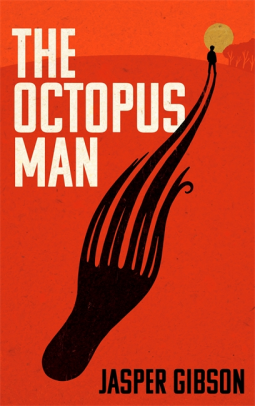
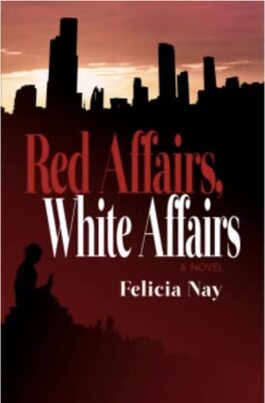
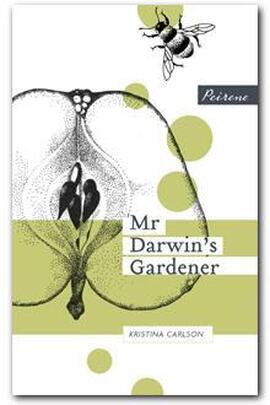

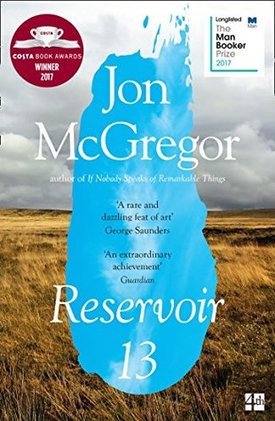
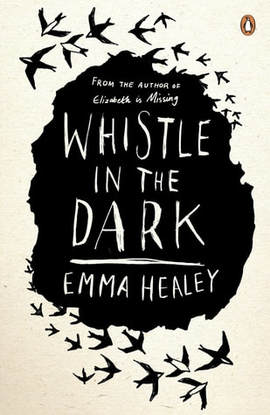
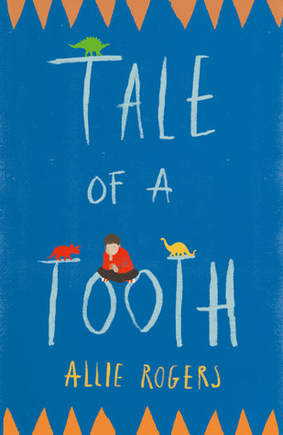
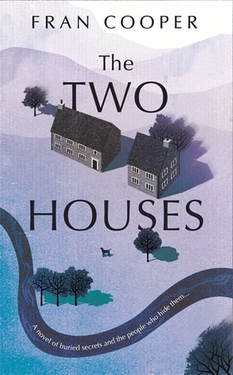
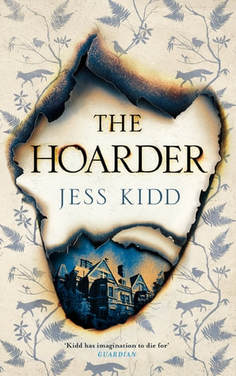
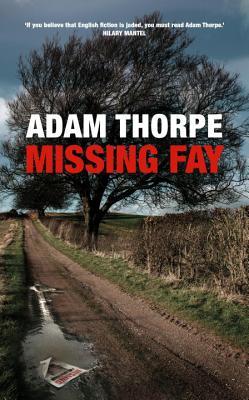
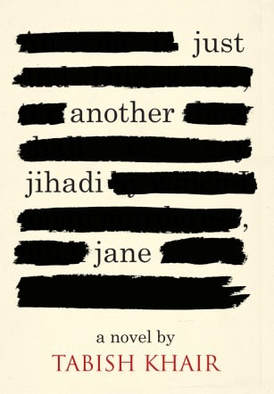
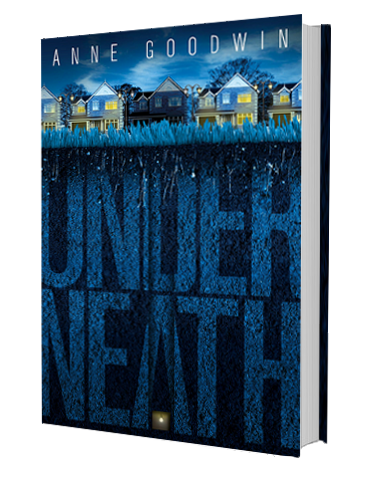

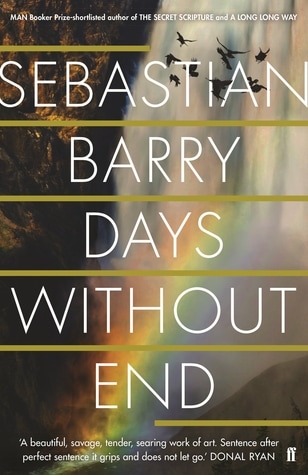
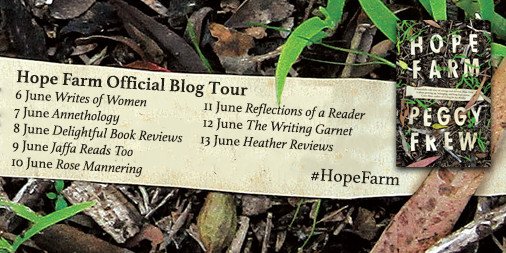
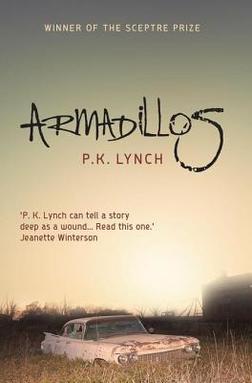
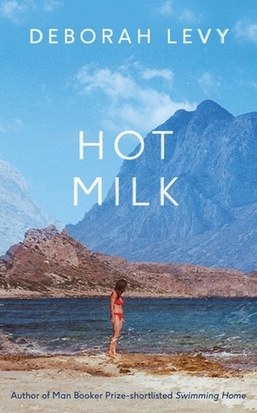
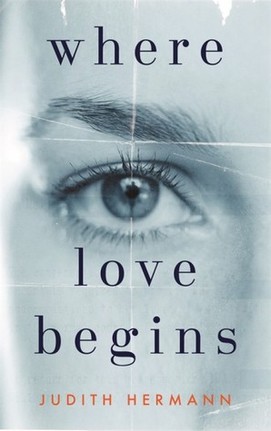
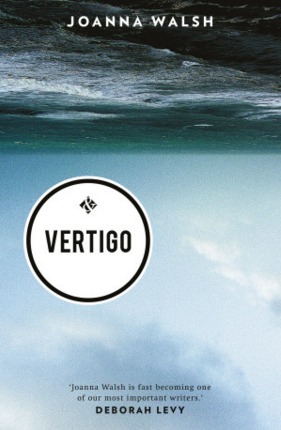
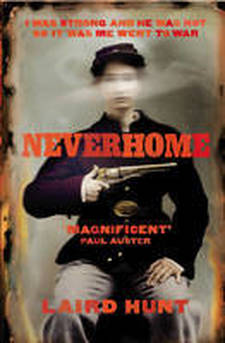





















 RSS Feed
RSS Feed





















